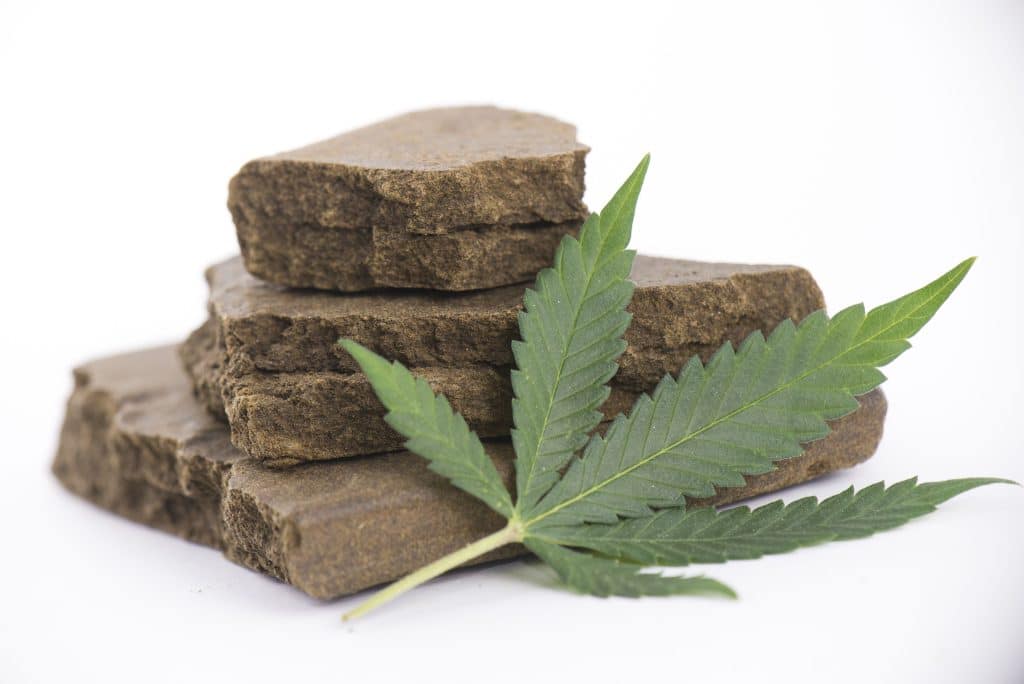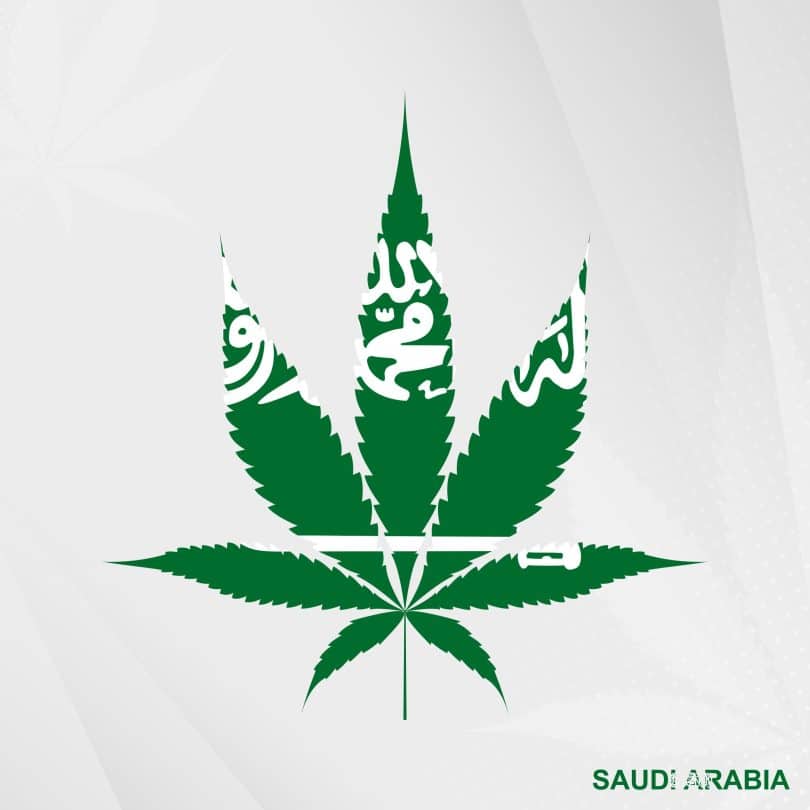We talk all the time about the growing acceptance of drugs like cannabis and psychedelics in the world today. But we’re not talking about every country, and some countries move slower than others. For some, so little information is released, that all we know are government lines unless another piece of information is provided. A great example: hash in Saudi Arabia. Now, a 2021 study shows us the rising hash use among the younger generations. And it counters the standard image put out by the government.
Drug laws in Saudi Arabia
Saudi Arabia – officially known as the Kingdom of Saudi Arabia, is the largest country in West Asia, as well as the Middle East. It sits north of Yemen, north-east of Oman, east of United Arab Emirates, and south of Israel, Jordan, Iraq, and Kuwait. To the west side is the South Sea, separating it from Egypt, Sudan, and Eritrea. It covers approximately 830,000 square miles (2,150,000 km2). As of about 10 years ago, the population was approximately 26.9 million people.
Saudi Arabia is also one of those countries that is known for being particularly harsh with drugs, even if we don’t have precise information from the country itself. I can’t tell you much of anything about what the specific punishments are, or where the cutoff is between different punishments. But I can tell you that the system as it is, is based on an interpretation of Islamic law, which – in this interpretation – forbids the use of anything that hurts the body, or the general social welfare of the country.
According to a 2018 mini review in The Journal of Alcoholism & Drug Dependence, called Illegality of Hashish Usage in the Kingdom of Saudi Arabia, in the two prior years, usage of hashish skyrocketed 300%. Hash is the most widely used drug in the country. The Saudi General Directorate of Narcotic Control estimated at that time, that about 70% of hash smokers were still in school.
Thanks for joining. Sign up to the Cannadelics Weekly Newsletter and we’ll update you directly. Plus, you’ll get a boatload of promos for cannabis buds, vapes, edibles, smoking devices and related equipment, cannabinoid compounds (like HHC, delta-8), and tons more. Have a blast…responsibly!
There’s an interesting statistic from the report. Apparently in 2006, (and as per the UN), the amount of narcotics (including hash) that was intercepted in that year by the Saudi government, was greater than what was intercepted from everywhere else in the world. While this sounds a bit off, it could simply relate to the idea that Saudi Arabia is extremely diligent with drug busts.
Though we don’t know specifics punishments, we do know that anyone related to illicit drugs will have some form of punishment handed down, that this varies depending on who the person is. A user and a trafficker incur two different punishments, but neither gets off the hook. Death is generally reserved for the most severe crime of smuggling. Drugs in general are regulated in the country via The Narcotic Control Law.
There is also variation in punishment depending on how many times a person is caught. Punishment for a first-time offense could be jail time, fines, lashings, or a combination. Second time offenses incur greater punishments, and it’s posited that even dealers can find themselves with death sentences if they’re caught enough times.
Users receive a judgement from the court, which usually involves a jail sentence of about two years. Saudi Arabia does follow UN guidelines when it comes to users, and does prefer to treat them as patients rather than criminals. Users can enter a treatment program to decrease punishment. Students also get lighter treatment, with discipline and monitoring over anything harsher.
What about the death sentences?
Being caught with any illicit drug will mean prison time, fines, lashings, or treatment; but it can go even farther than that with death sentences. And while I can’t stress enough that we have very little confirmable information out of this country, there are stories like this from 2014, about the beheading of four men, all caught smuggling cannabis into the country.
Part of the reason we don’t get a lot of great information, is because the government itself owns much of the media, and that which isn’t owned is highly subsidized and regulated by the government. As per reports on the beheadings, we’re only told the men smuggled in “a large quantity of hashish,” but that’s as specific as it gets. Which is a bit sparse considering the extremity of the punishment. For a year in jail, maybe those words would be enough. But cutting off heads? It’s also said that the confessions of all the men were illicited by extreme torture; meaning we can’t know if they were valid or not.

In a 2017 report by Amnesty International, an international non-government agency which works for human rights issues globally, between 2016 and 2017, drug-related beheadings increased from 16% to 40% in the country. Saudi Arabia is even pointed to for executing people who confessed under extreme torture, like the story mentioned above. Secretary General of Amnesty International, Salil Shetty, put it this way:
“Despite strides towards abolishing this abhorrent punishment, there are still a few leaders who would resort to the death penalty as a ‘quick-fix’ rather than tackling problems at their roots with humane, effective and evidence-based policies. Strong leaders execute justice, not people.”
Students and hash in Saudi Arabia
As tends to be the case with a lot of illicit drug usage, the greatest percentage of users are young people. This is true in Saudi Arabia as well, despite the harsh consequences of involvement with drugs. In 2021, the journal Crime, Law and Social Change published this paper: Drugs behind the veil of Islam: a view of Saudi youth. “Drawing on the qualitative data, the study tries to shed light on the hidden dimensions of drug trafficking and abuse in the Kingdom through its diversity, complexity and richness.”
To investigate the issue, researchers used documentary methods, in-depth interviews, and literature reviews. They used a snowball method for interviewing students, meaning they used their interviewees to help find new interviewees. All came from Saudi University in Eastern Province. Researchers looked at the backgrounds and hometowns of interviewees to avoid bias since interviewees knew each other from school. A total of 18 students were used, all men. 10 had used drugs previously. Interviews lasted on average 1.5 hours.
Drug trafficking was found to be tied to situations of low economic standing, and it was also found that drug use tends to come from social change. Hash showed itself as the most popular drug in the country. According to one student dubbed Interviewee C, “College students like hashish most because it is not strong and relatively cheap. My friends say you won’t get addicted by smoking hashish.”
Hash use has increased so much in the younger generations, that another student, Interviewee M stated: “It is so popular among youngsters that you may be distanced if you don’t try it with peers. Gradually, you consider it acceptable.” Which means, despite harsh repercussions, there is now a social pressure attached to using it.

Another thing found is that there wasn’t much different between genders in terms of drug use. Said interviewee G, “girls smoke hashish too. I heard from my sister that her friends meet together and smoke hashish…..Arabs always smoke shisha mixed with hashish. You know, women smoke shisha too; it should be common that they smoke shisha with hashish. But it may not be as popular as it among boys.”
However, there was a bit of a difference between urbanites and those from rural areas. Explained interviewee L “I am from a village, and now study at the second largest city in the Kingdom. Look like drug-taking is more common in the city. But city residents and villagers take similar drugs.”
What else is big in Saudi Arabia?
Second to hash, the next most popular drug in Saudi Arabia is the amphetamine Captagon. In fact, Saudi Arabia is targeted by counterfeit manufacturers, even more so than the rest of the Middle East. This drug is mainly for the young. Interviewee M sheds some light saying, “I think age matters. Unlike old people, young people like to try and accept new things. That is why old Saudis like hashish but young Saudis like Captagon.”
Some even prefer Captagon to hash. Said interviewee O, “Captagon is small. My school mates and I like it more than hashish. Not like hashish, we can buy in tablet……Once we get 25 Riyals from parents, we can buy one tablet and enjoy it.”
It’s said that older people don’t like the drug as much as the young folks, partly for health and social reasons. “Old people have social status and families. They may lose all of them if take amphetamine. But young people have no such fear,” said interviewee H. This was added onto by interviewee D, who said, “drug dealers specialize one or two kinds of drug. Those above middle age stick to their old social circle and don’t have connections with amphetamine dealers.”
Conclusion
Several Middle Eastern countries are secretive about their drug statistics. In such cases, we only know what the governments say, or a little from other small pieces of information that get through. Right now, all available evidence points to a rise in overall drug usage, with hash leading the way in Saudi Arabia.
You’re the best – thanks for stopping by! We appreciate you joining us at Cannadelics.com; where we work daily to report on the most interesting stories in the cannabis and psychedelics fields. Come by frequently to stay updated, and subscribe to the Cannadelics Weekly Newsletter, so you’re never late to get the news.






